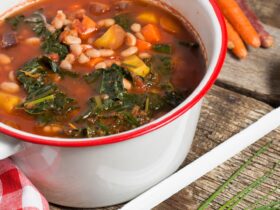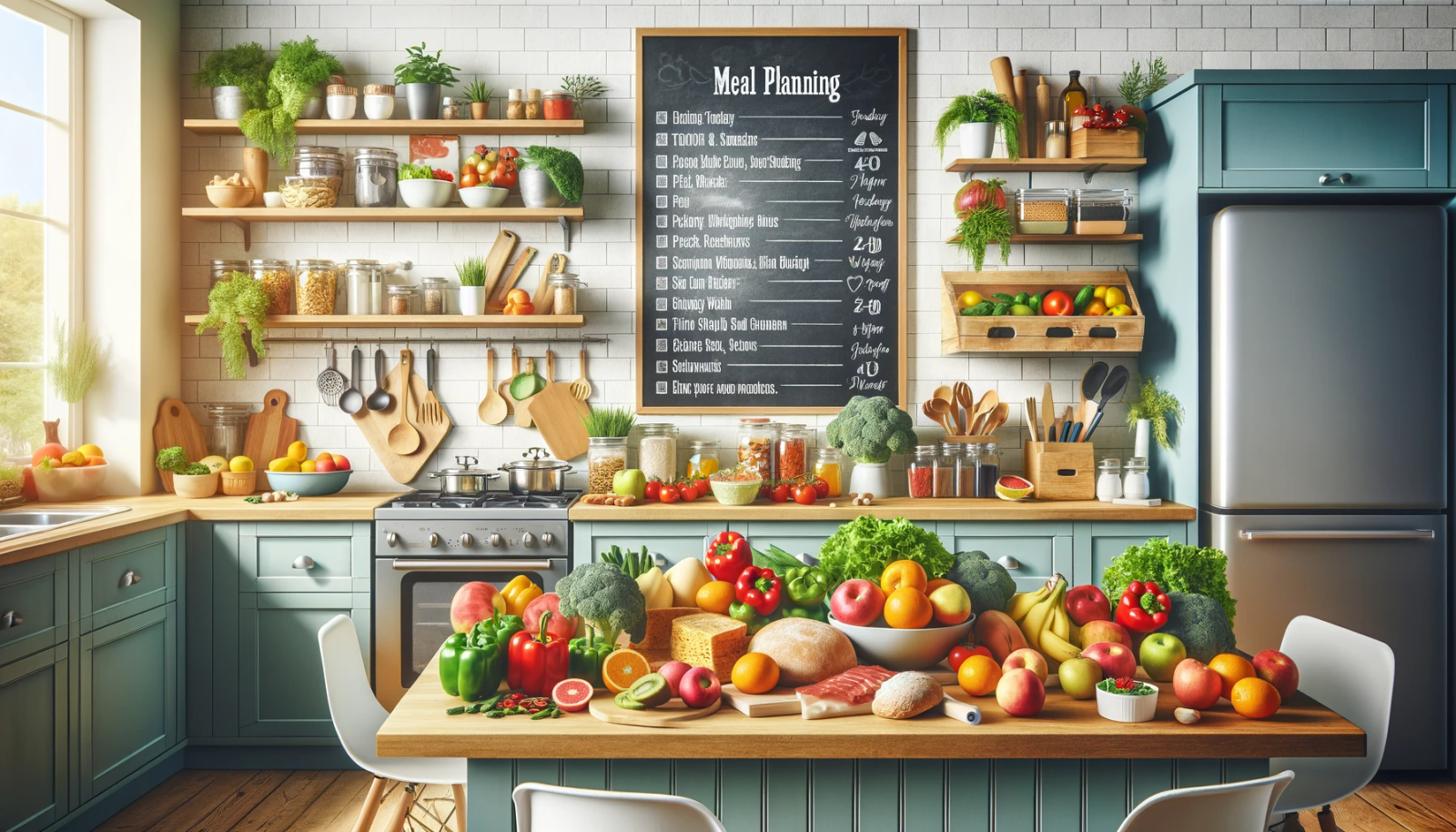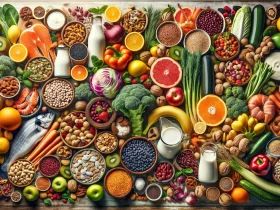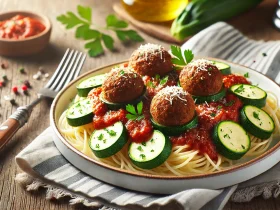Today, we’re embarking on a journey into the world of meal planning and meal prepping – practices that are not only beneficial for your health and wallet but also a great way to bring joy and ease into your daily life. If you’ve never tried this before, it could change your life – no, seriously. Whether you’re a busy parent, a gym afficionado, a student on the go, or simply someone looking to make healthier choices, meal planning and meal prepping can benefit you.
What is Meal Planning?
Meal planning is the art of organizing and preparing your meals in advance. It involves deciding what you’re going to eat for the week, shopping for ingredients, and sometimes pre-cooking your meals. This practice turns the often daunting question of “What’s for dinner?” into a simple, stress-free decision.
What is Meal Prepping?
Meal prepping goes hand-in-hand with meal planning. It’s the process of preparing whole meals or dishes ahead of schedule. It’s particularly popular among busy people because it can save a lot of time. Having pre-prepared meals on hand can also reduce portion size and help you stick to your nutrition goals.
Benefits of Meal Planning and Prepping:
- Financial Savings: Planning your meals reduces the likelihood of impulsive buys and eating out, which often cost more than home-cooked meals.
- Healthier Eating: When you plan and prepare your meals, you have complete control over ingredients and portions, leading to more nutritious and balanced meals.
- Time and Convenience: With meals ready to go, you’ll spend less time cooking each day, freeing up time for other activities.
Strategies for Implementing Meal Planning in Your Household:
- Start Small: If you’re new to meal planning, begin with planning just a few meals a week to avoid feeling overwhelmed.
- Involve the Family: Get input from family members. This not only ensures that the meals will be enjoyed by all but also makes it a fun, collaborative activity.
- Use Themed Nights: Taco Tuesday or Pasta Wednesday can add predictability and make meal planning easier.
- Batch Cooking: Cook large quantities of a meal and divide it into portions for the week. This works great for dishes like soups, stews, and casseroles.
- Keep a Well-Stocked Pantry: Having essential items like grains, pasta, and canned goods on hand makes throwing together a last-minute meal much easier.
- Flexible Planning: Be prepared to switch meals around based on unexpected changes in your schedule or mood.
Conclusion:
Meal planning and prepping are not just about saving time and money; they are about taking care of yourself and your loved ones in the most nourishing way possible. By embracing this practice, you’re stepping into a world of culinary creativity, healthful habits, and a more relaxed lifestyle. Remember, the journey of meal planning is a personal one – there’s no one-size-fits-all approach. So, have fun with it, experiment, and find what works best for you and your household.
We hope this guide has inspired you to start your meal planning journey. You know where to look if you would like to find some healthy and affordable recipes to get you started. Otherwise, if you have any tips, stories, or recipes to share, we’d love to hear from you in the comments below. Let’s support each other in this delicious endeavor. Happy meal planning!














Leave a Reply